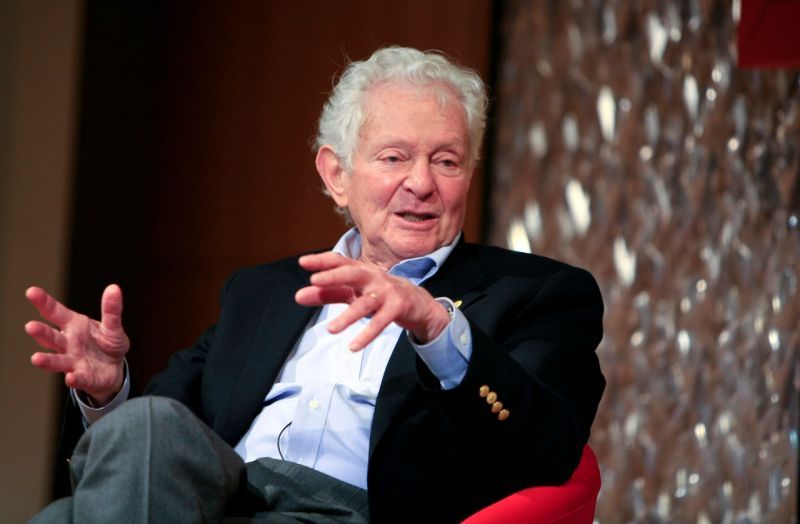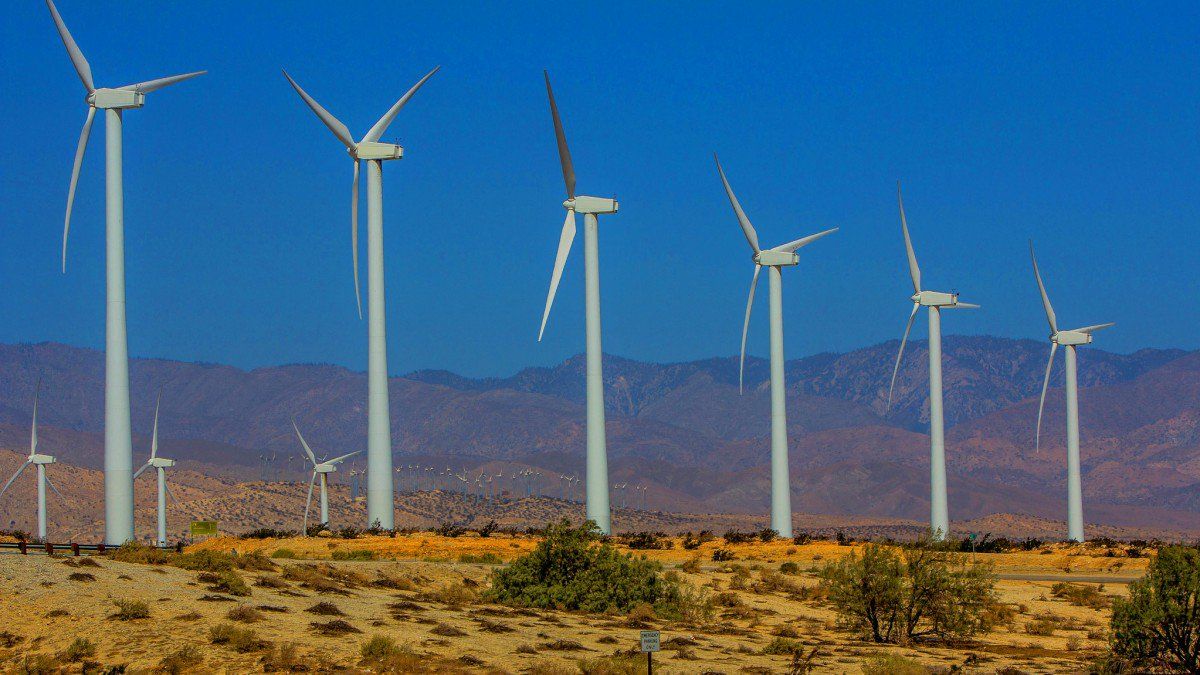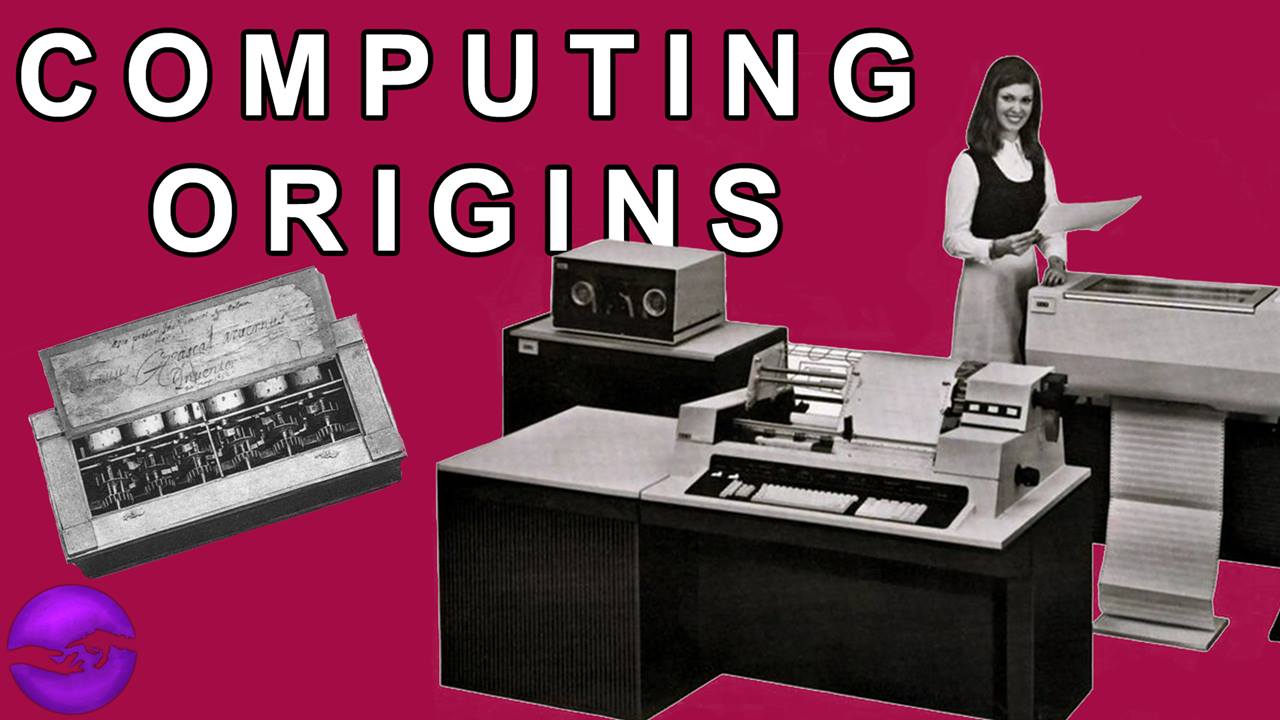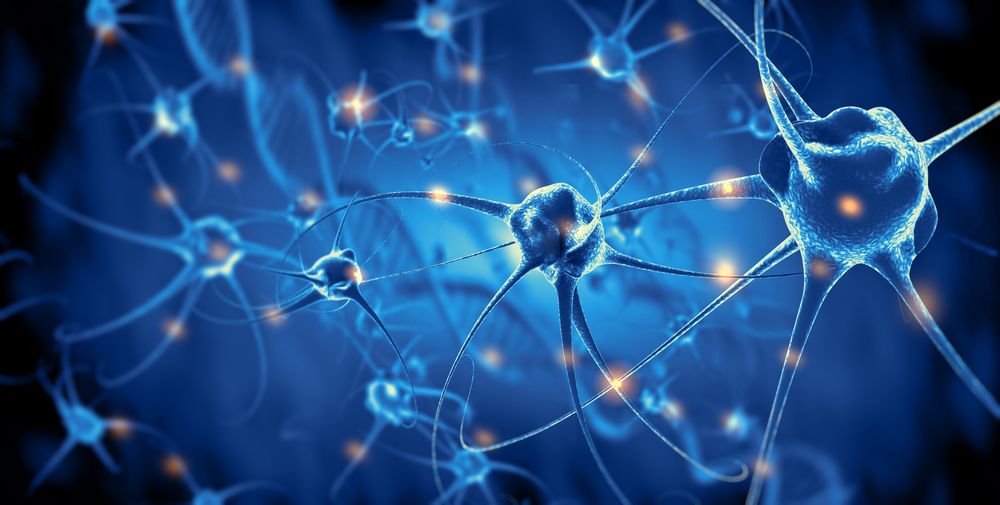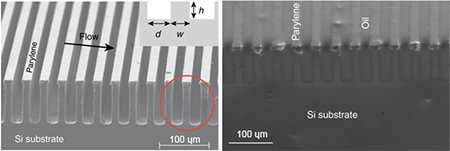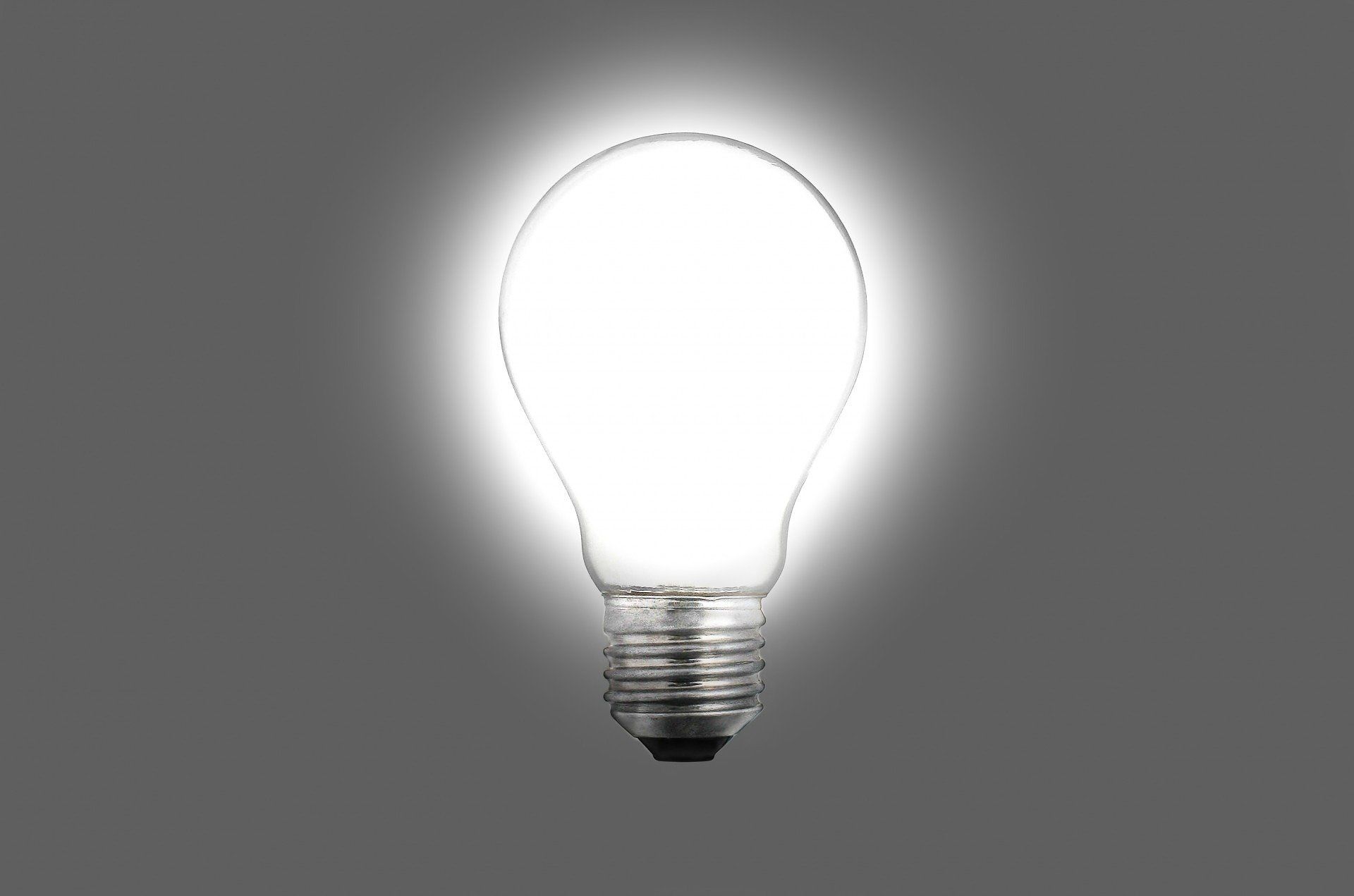Oct 4, 2018
Physicist Who Coined the ‘God Particle’ and Sold His Nobel Prize to Pay Medical Bills Dies at 96
Posted by Genevieve Klien in category: biotech/medical
Leon Lederman, the former head of the Fermi National Accelerator Lab and winner of the Nobel Prize in physics in 1988, died at a nursing home in Idaho on October 3rd. He was 96.
Lederman will perhaps best be remembered for coining the phrase “the God particle,” referring to the Higgs boson, which was theorized for decades before it was finally observed in 2012.
